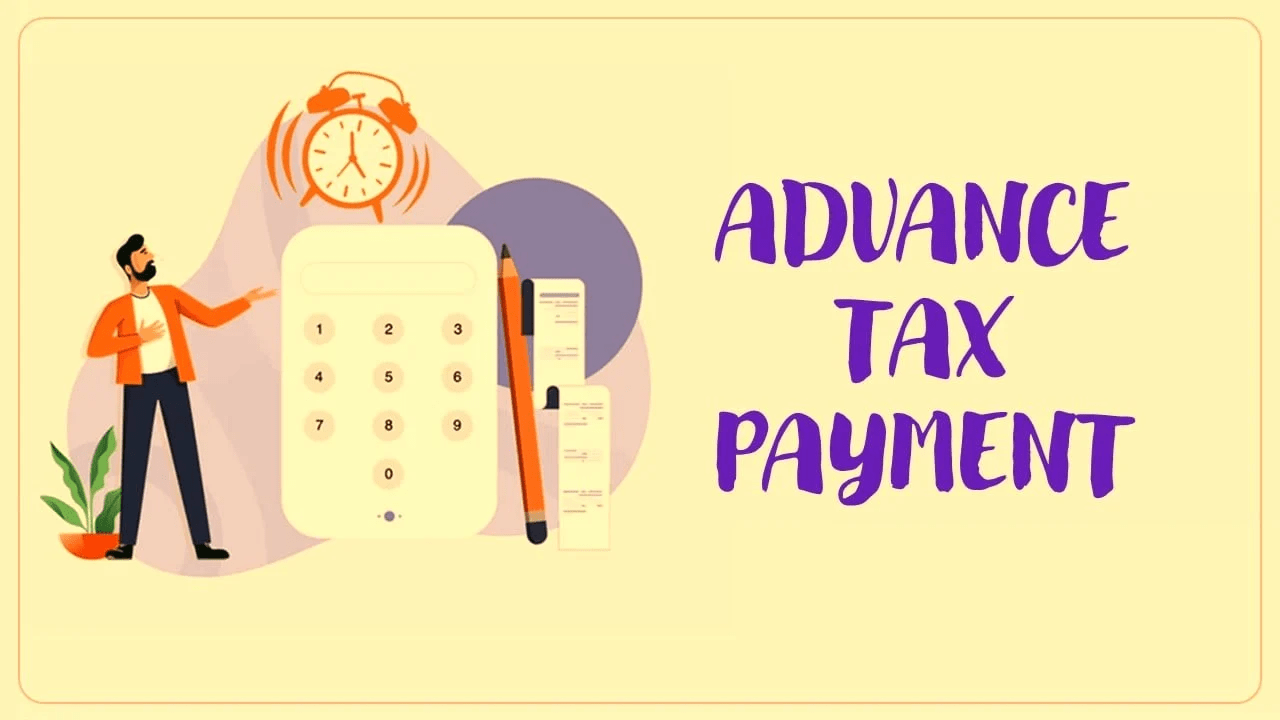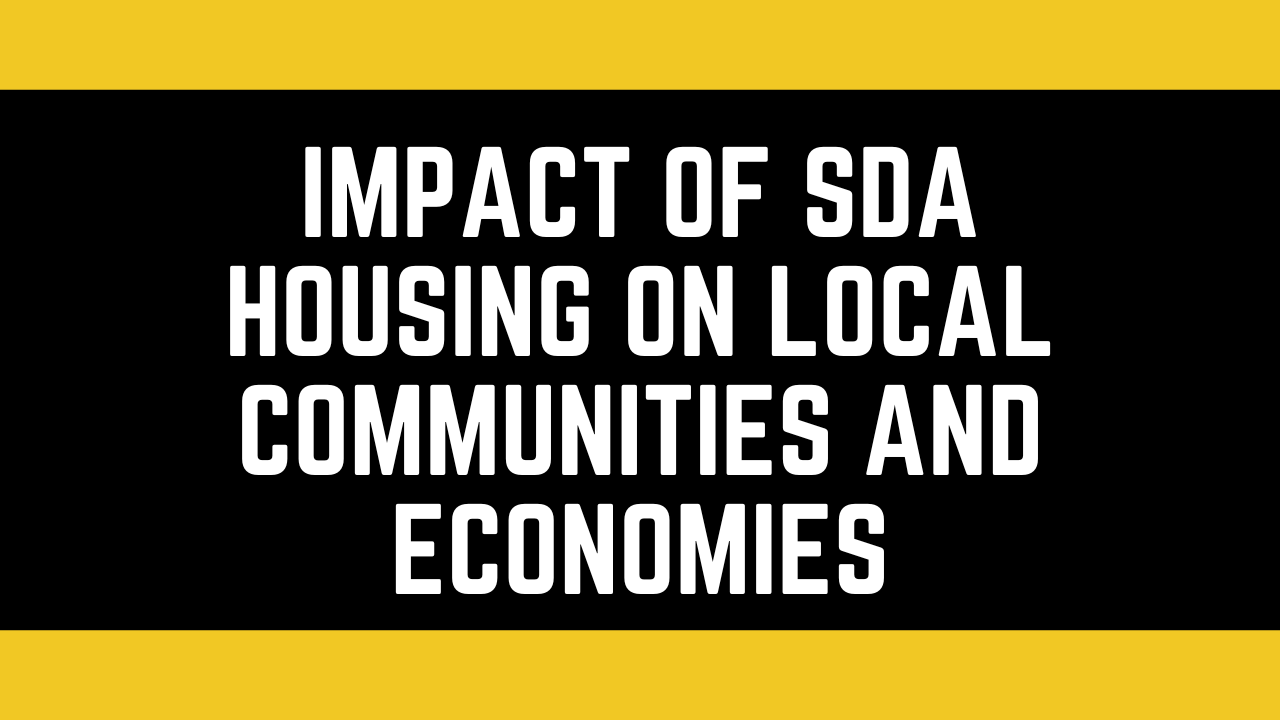In the dynamic landscape of taxation in India, advance tax payment emerges as a pivotal and often puzzling subject for individuals and businesses. However, when comprehended and managed efficiently, it transforms into a potent tool for financial planning and compliance.
In this post, we will delve into the intricacies of advance tax payment, explore the categories of individuals and entities eligible for this, and emphasise its crucial role in comprehensive tax planning.
Understanding Advance Tax Payment
Before we unravel who qualifies for advance tax payment and its role in tax planning, let’s establish a foundational understanding.
Advance tax is a mechanism that mandates taxpayers to remit a portion of their annual tax liability beforehand rather than in a lump sum after the fiscal year. It’s a structured method of ensuring the equitable distribution of one’s tax liability throughout the year, making it more manageable and predictable. This tax obligation applies to a broad spectrum of taxpayers, encompassing individuals, professionals, and businesses.
Who is Eligible to Pay Advance Tax?
Now, let’s delve into the crux: who can pay advance tax in India?
- Individuals with Other Income Sources: If you have income sources beyond your salaried earnings, such as interest income or capital gains, you fall under advance tax eligibility. Salaried individuals may not always fall into this category, as their tax is typically deducted at the source by their employers.
- Professionals and Self-Employed: Self-employed professionals, freelancers, and businesses are required to pay advance tax. This category includes doctors, lawyers, consultants, entrepreneurs, and other independent professionals whose income is not subject to tax deduction at the source.
- Businesses and Corporations: Business entities, including companies, partnerships, and LLPs (Limited Liability Partnerships), can also pay advance tax. Their tax liability is calculated based on their projected annual income.
It’s helpful to note that the eligibility criteria for advance tax hinge primarily on the quantum of income and the nature of earnings.
Benefits of Timely Advance Tax Payment
Paying advance tax offers several advantages, benefiting both the taxpayer and the tax administration:
- Avoiding Last-Minute Tax Burden: A key benefit is that it helps individuals and businesses steer clear of the last-minute rush and financial strain often associated with a substantial tax liability at the fiscal year’s end.
- Reduced Interest and Penalties: Timely advance tax payments diminish the interest and penalties imposed for non-payment or underpayment. It ensures compliance with tax regulations, mitigating the risk of incurring penalties.
- Effective Tax Planning; Advance tax payment is not merely about meeting a legal requirement; it is a powerful tool for effective tax planning. By estimating your annual income and paying taxes in instalments, you can better manage your cash flow and allocate resources for tax liabilities systematically.
Comprehensive Tax Planning
Advance tax payment does not stand alone; it constitutes an integral element of comprehensive tax planning.
- Distributing Tax Liability: By dispersing your tax liability throughout the year, you can ensure that you allocate the necessary funds to meet your tax obligations. This approach averts the shock of a massive tax liability at the fiscal year’s end.
- Optimising Deductions: Effective tax planning empowers you to optimise deductions, exemptions, and tax-saving investments. By assessing your projected income and liabilities, you can identify opportunities to reduce your tax burden legally.
Using Advance Tax Challan
The process of making advance tax payments necessitates the completion of an advance tax challan, which serves as proof of payment. This challan contains vital details, including your Permanent Account Number (PAN), assessment year, tax type, and the payment amount. Taxpayers can select from various payment options, including online payment through banking portals and physical payment at authorised banks.
Challenges and Common Mistakes
While advance tax payment boasts several benefits, there are challenges and common mistakes that taxpayers should be mindful of:
- Estimating Income Accurately: The precision of your advance tax payments hinges on your ability to estimate your annual income accurately. Underestimating income can lead to underpayment and penalties while overestimating can result in paying excess funds.
- Meeting Deadlines: Failure to meet advance tax payment deadlines can incur penalties. Staying well-informed about due dates and adhering to them is crucial.
- Managing Cash Flow: For certain taxpayers, managing cash flow to accommodate advance tax payments can be challenging. It’s crucial to align your financial planning with your tax obligations.
Conclusion
Effective tax planning, including advance tax payments, empowers you to optimise deductions, distribute your tax liability, and maintain control of your finances. While the process may appear intricate, it constitutes a critical aspect of responsible financial management within India’s taxation landscape. So, stay informed, meet your advance tax obligations promptly, and reap the rewards of a well-structured financial plan.





